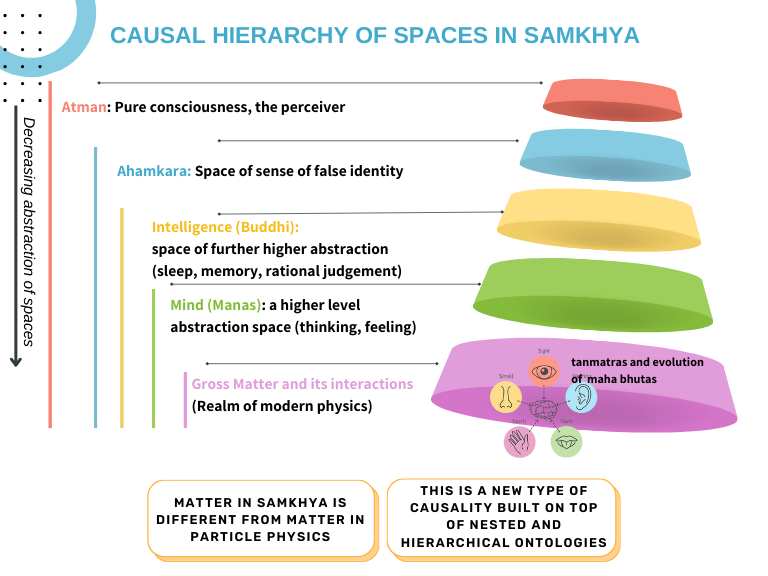
What is Bhagavata Samkhya?
The Samkhya tradition holds a significant position in the intellectual history of India, being one of the oldest and most influential. Its foundational concepts, including prakriti, purusa, buddhi, ahamkara, manas, and the three gunas, have provided the conceptual framework shaping much of Indian philosophical thought. This framework influenced not only the classical Samkhya itself but also played a crucial role in the development of classical formulations (sutras) in Yoga, Vedanta, various traditions of Buddhist philosophy, and meditation.
It is interesting to note that the antiquity of the Samkhya system traces back to a much older period compared to the classical Samkhya which is often seen as atheistic. The Samkhya system described in Bhagavat Purana is a theistic Samkhya system described by Sage Kapila, the son mother Devahuti and Kardama muni. This is often termed as Bhagavat Samkhya.
Beyond philosophical discourse, the impact of Samkhya extended to broader cultural domains. It left a profound mark on fields such as law, medicine, ancient science, mathematics, logic, cosmology, and ritual. Across centuries, Samkhya's intellectual perspective permeated various aspects of Indian culture, contributing significantly to its rich and diverse heritage of India.

